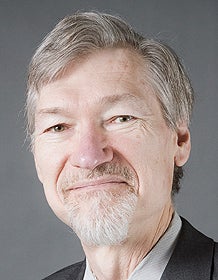Abstract
Trust, altruism and reciprocity are attracting growing attention from scholars. Interest began with psychological experiments showing that people often are altruistic, trust others, and reciprocate the benevolence of others far more than economic models of "rational" human selfishness predict. These findings inspired social scientists to discover what factors promote or hinder cooperation. Legal scholars have employed this learning to determine how the law does or could facilitate or discourage cooperation in many contexts, including business transactions and the workplace. The influence of race on cooperation has been studied in specific areas, but so far no one has considered how the new learning might improve race relations and racial equality. This article makes an initial effort to do so.
Trust in others is essential to human interaction, especially in dealings too complex for the parties' rights and duties to be detailed in writing. Trust grows when each side's contribution is reciprocated by the other's, but not if reciprocity is withheld, and trust shrinks rapidly if one party abuses the other's trust by acting opportunistically. People often eschew gain and help the needy, but altruism also dwindles if the recipients do not seem truly needy, or do not try to help themselves, or if others who could help refuse to do so and "free ride" on those who are altruistic.
The dearth of racial trust in America is dramatically manifested in the separation so often chosen by both blacks and whites. Distrust blocks cooperation and altruism between the races and obstructs efforts to solve virtually every social problem. Part I of this article reviews the learning about trust, altruism and reciprocity. Part II applies this knowledge to better understand racial division and inequality in America and why many policies and positions do not ameliorate these ills and indeed may exacerbate them. Part III discusses our goals in race relations. Part IV prescribes principles to foster interracial trust. Part V proposes some specific steps to reduce racial inequality while building trust.
Keywords
Trust, Altruism, Reciprocity, Economic models of "rational" human, Cooperation, Race, Race relations, Racial equality, Racial preferences, Social Welfare, Education, Job Training, Taxes, Criminal Law, and Immigration
Publication Date
2005
Document Type
Article
Place of Original Publication
University of Richmond Law Review
Publication Information
39 University of Richmond Law Review 1001 (2005)
Repository Citation
Dent, George W., "Race, Trust, Altruism, and Reciprocity" (2005). Faculty Publications. 673.
https://scholarlycommons.law.case.edu/faculty_publications/673

